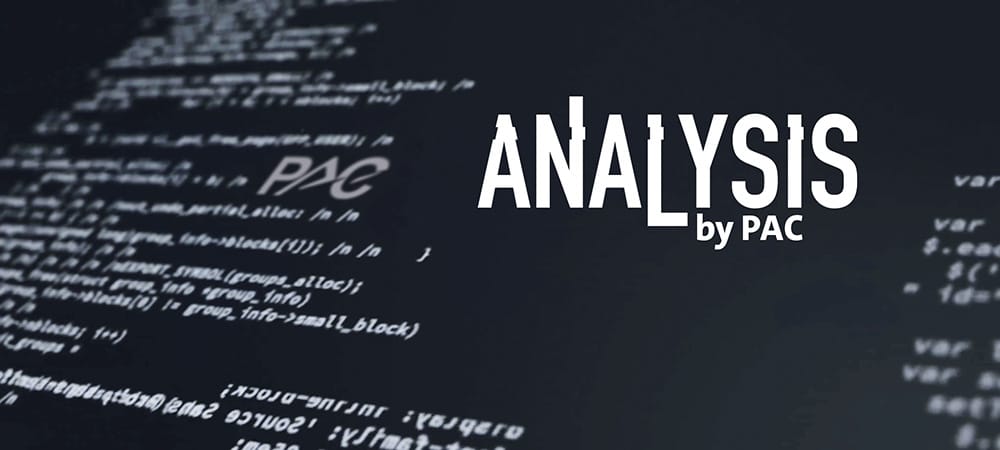Finance & Accounting 4.0


Thanks to the automation of processes, there is more and more time for analyzing results and sounding out trends. This creates new tasks, additional perspectives and ultimately new positions in F&A departments.
This change is already in full swing: Accounting departments are consistently moving away from the tasks of pure inventory and documentation and are instead performing more and more value-creating activities.
This is accompanied by requirements regarding the accuracy and validity of accounting as well as the desire for fast and accurate financial statements. It goes without saying that the associated processes should be transparent throughout.
"Continuous accounting" is the magic formula. With this concept, real-time information on the financial status is possible, on the basis of which decisions can be made at any time.
This has consequences for the requirement profiles of accounting staff: spreadsheets, lists and macros are yesterday's news and the focus of qualifications is shifting to analytical and strategic skills. In short: skills that raise the quality of work within a company's finance department to the next level.
New job profiles
Consequently, new job profiles such as the technology advisor, the accounting analyst or the compliance expert have developed, which modern accounting departments can hardly do without:
The Technology Advisor is a staff member who is equipped with basic technology knowledge and who is familiar with the various accounting IT systems and processes.
In addition, the Technology Advisor must be knowledgeable about the company structure and understand the accounting structures, roles, and workflows.
His responsibilities also include setting up templates, such as for journal entries, or creating task checklists for other accounting staff.
The Accounting Operator is responsible for the overview of the process rules. He or she ensures that all processes function smoothly and, in the event of problems that cannot be processed automatically, assumes responsibility and takes the lead in initiating the necessary corrections, adjustments or reconciliations.
The accounting analyst can be described as the heart of a modern accounting system. He prepares the increasingly important reports, analyzes their results and can therefore provide groundbreaking information or tips in real time.
In this way, the accounting analyst becomes a business advisor who can provide management with advice and support on the basis of a continuous accounting model.
The compliance expert establishes the ground rules, oversees the monitoring, and takes care of solving the problems that come to light through monitoring in the first place. The compliance expert specializes in structures and their verification; he is detail-oriented and works meticulously and systematically.
The focus of his work is to check whether the given rules are being followed. To ensure this, he needs a broader perspective that also includes the implication of processes as well as their control.
All in all, it can be said that the tasks in the F&A department and thus the requirements profile for employees will change massively.
What's crucial today are skills that ten years ago you couldn't even have guessed existed - for example, accountants today need to know what's behind Big Data and be able to work with those numbers.
In addition, information technology has changed so much that mastering the systems alone is no longer enough. It remains exciting to see what changes lie ahead in the next ten years. One thing is certain: there will be no standstill.







